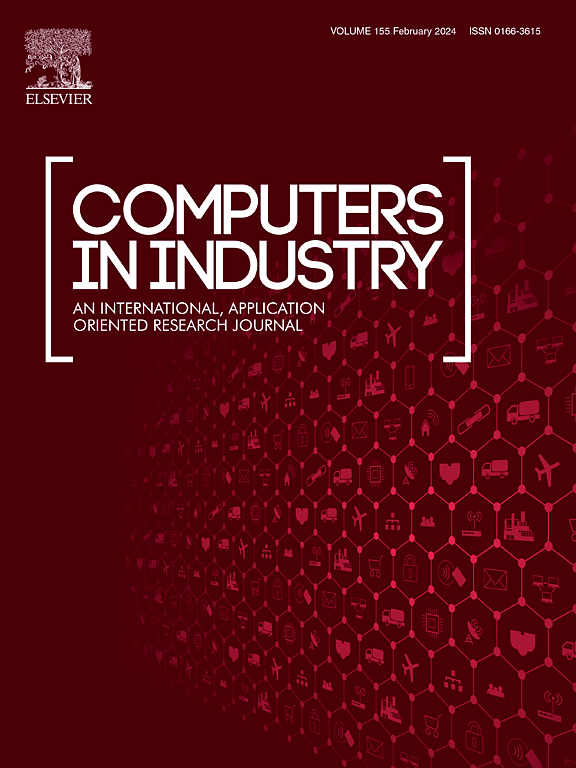Reliability evaluation of wind power systems by integrating granularity-related latin hypercube sampling with LSTM-based prediction
IF 9.1
1区 计算机科学
Q1 COMPUTER SCIENCE, INTERDISCIPLINARY APPLICATIONS
引用次数: 0
Abstract
When evaluating the reliability of a wind power system, it is imperative to undertake differentiated sampling and meticulously predict extensive datasets. Existing studies frequently constrain raw data within narrowly defined parameter spaces to enhance their statistical significance. However, such an approach may inadvertently engender overly optimistic reliability evaluations, neglecting rare yet crucial failure scenarios. Consequently, this oversight potentially underestimates systemic risks and undermines robustness. To date, the dichotomy between high data acquisition rates and the intrinsic characteristics of collected data remains inadequately addressed. Concurrently, an urgent requirement persists for developing precise data distribution models capable of comprehensively assessing wind power system reliability. In response, Long Short-Term Memory (LSTM) models are employed to bridge this research gap, enabling predictions of wind power generation through analyses of data at varying granularities. Subsequently, an Improved Latin Hypercube Sampling (ILHS) methodology is implemented to partition sampling intervals, integrating seamlessly with the Monte Carlo (MC) method for wind power data sampling. This reliability assessment model fully exploits the flexibility of the proposed sampling technique, enhancing the precision of sample probability distributions, interval segmentation, and data stratification. Empirical evidence demonstrates that the proposed algorithm exhibits superior predictive accuracy and enhanced statistical efficacy relative to conventional methodologies. Thus, it offers a robust and efficacious solution for assessing the reliability of wind power integration. This study evaluates the practical reliability of a local wind power integration system in Southwest China. Additionally, methods for discerning vulnerabilities are systematically applied to fortify critical power buses and augment overall system reliability.
基于粒度相关拉丁超立方体采样与lstm预测相结合的风电系统可靠性评估
在评估风力发电系统的可靠性时,必须进行差异化采样并精心预测大量数据集。现有的研究经常将原始数据限制在狭窄的参数空间内,以增强其统计意义。然而,这种方法可能会不经意地产生过于乐观的可靠性评估,忽略了罕见但关键的故障场景。因此,这种监管可能低估了系统性风险,并破坏了稳健性。迄今为止,高数据采集率和所收集数据的内在特征之间的二分法仍然没有得到充分解决。同时,迫切需要开发能够全面评估风电系统可靠性的精确数据分布模型。作为回应,长短期记忆(LSTM)模型被用来弥补这一研究缺口,通过分析不同粒度的数据来预测风力发电。随后,采用改进的拉丁超立方采样(ILHS)方法划分采样间隔,与风电数据采样的蒙特卡罗(MC)方法无缝集成。该可靠性评估模型充分利用了所提出的抽样技术的灵活性,提高了样本概率分布、区间分割和数据分层的精度。经验证据表明,与传统方法相比,所提出的算法具有优越的预测准确性和增强的统计有效性。从而为风电一体化可靠性评估提供了一种稳健有效的解决方案。本研究对西南地区某地方风力发电并网系统的实际可靠性进行了评估。此外,识别漏洞的方法被系统地应用于加强关键电源总线和增强整体系统可靠性。
本文章由计算机程序翻译,如有差异,请以英文原文为准。
求助全文
约1分钟内获得全文
求助全文
来源期刊

Computers in Industry
工程技术-计算机:跨学科应用
CiteScore
18.90
自引率
8.00%
发文量
152
审稿时长
22 days
期刊介绍:
The objective of Computers in Industry is to present original, high-quality, application-oriented research papers that:
• Illuminate emerging trends and possibilities in the utilization of Information and Communication Technology in industry;
• Establish connections or integrations across various technology domains within the expansive realm of computer applications for industry;
• Foster connections or integrations across diverse application areas of ICT in industry.
 求助内容:
求助内容: 应助结果提醒方式:
应助结果提醒方式:


